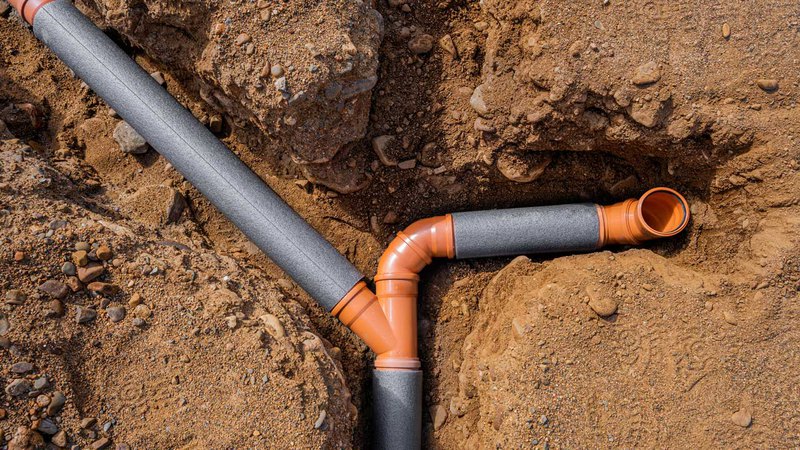Building a home is one of the most significant investments a person can make, and choosing the right builder can make all the difference in achieving the perfect home. While buying a pre-existing home has its advantages, hiring a new home builder provides numerous benefits, from customization to energy efficiency and cost savings in the long run. Below are some of the top benefits of working with a professional new home builder to create your dream home. From the layout and floor plan to the materials, finishes, and fixtures, you have full control over the design. Unlike buying a pre-owned home, where you may need to compromise on certain features, a new home builder works closely with you to ensure that your vision comes to life. Whether you want an open-concept kitchen, a spacious master suite, or a unique architectural design, hiring a builder allows you to personalize every detail.
High-Quality Construction and Materials
A reputable new home builder uses high-quality materials and adheres to the latest construction standards. Older homes may come with hidden issues, such as outdated wiring, plumbing problems, or structural concerns. When you build a new home, you can be assured that the materials and craftsmanship meet modern building codes and safety regulations. This not only enhances durability but also reduces the need for costly repairs and maintenance in the future.
Energy Efficiency and Sustainability
New homes are designed with the latest energy-efficient technology, which helps reduce utility bills and promotes sustainability. Builders incorporate energy-saving features such as high-performance insulation, energy-efficient windows, smart thermostats, and solar panels. These innovations not only lower your monthly expenses but also minimize your home’s carbon footprint. By hiring a new home builder, you can integrate eco-friendly solutions from the beginning, making your home more environmentally responsible and cost-effective.
Cost Savings and Better Budget Control
Many people assume that building a new home is more expensive than buying an existing one, but this is not always the case. When you work with a new home builder, you have better control over your budget and expenses. There are no unexpected repair costs or renovation expenses, as everything is built to your specifications. Additionally, modern construction methods and materials often lead to long-term savings, as they require less maintenance and offer better energy efficiency.
Access to the Latest Home Designs and Technology
Building a new home allows you to incorporate the latest trends in architecture, interior design, and smart home technology. From open floor plans and high ceilings to automated lighting and security systems, a new home builder can integrate modern conveniences that enhance your lifestyle. This ensures that your home is future-proof and equipped with the latest advancements that make daily living more comfortable and efficient.
Hiring home builders Inner West Sydney offers numerous benefits, including complete customization, high-quality construction, energy efficiency, and cost savings. With access to the latest technology and home designs, along with warranties and a stress-free process, you can create a perfect home that meets your needs and lifestyle. If you are considering building a new home, partnering with a reputable builder is the best way to ensure a smooth and rewarding experience.

